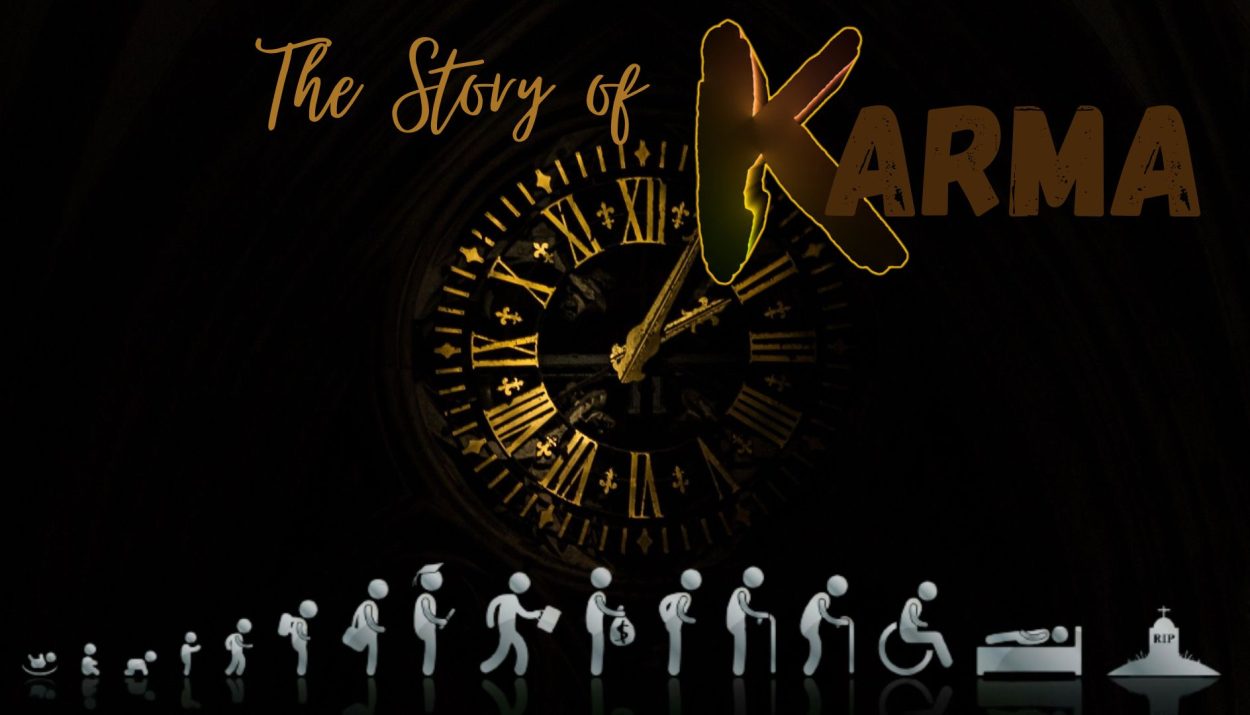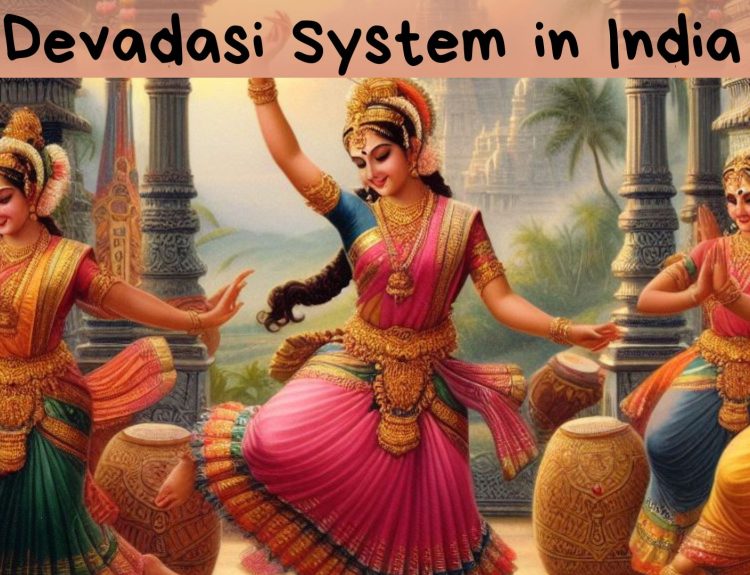In the tapestry of existence, there exists a concept that transcends cultures, religions and philosophies — a concept that speaks to the interwoven nature of our actions and their consequences. This cosmic principle is known as karma, a term that has captured the imaginations of thinkers, spiritualists and seekers across the world. The story of karma illustrates the interconnectedness of actions and their consequences in shaping one’s life journey.
Defining “Karma“
Karma, derived from the Sanskrit word “Karman,” translates to “action” or “deed.” However, its meaning goes beyond mere action; it encompasses the idea of cause and effect. In essence, karma reflects the universal law that every step, whether physical, mental or emotional, has a corresponding reaction. It’s the invisible thread that weaves our intentions, choices and outcomes together, binding them into a seamless continuum.
According to the Merriam-Webster Dictionary– “Karma is defined as the force generated by a person’s actions held in Hinduism and Buddhism to perpetuate transmigration and in its ethical consequences to determine the nature of the person’s next existence”.
According to the Cambridge Dictionary– “Karma is (in Buddhism, Hinduism, and some other religions) the force produced by a person’s actions in one life that influences what happens to them in future lives”.
Karma in Different Philosophical and Spiritual Traditions
While commonly associated with Eastern philosophies, karma has found resonance in various cultural and spiritual contexts. In Hinduism, Buddhism and Jainism, karma is a central tenet that influences the cycle of birth, death and rebirth. These traditions emphasize the need to break free from the cycle by cultivating positive karma. Similarly, in Western thought, the concept of “what goes around comes around” aligns with the idea of karma, underscoring the interconnectedness of all actions and outcomes.
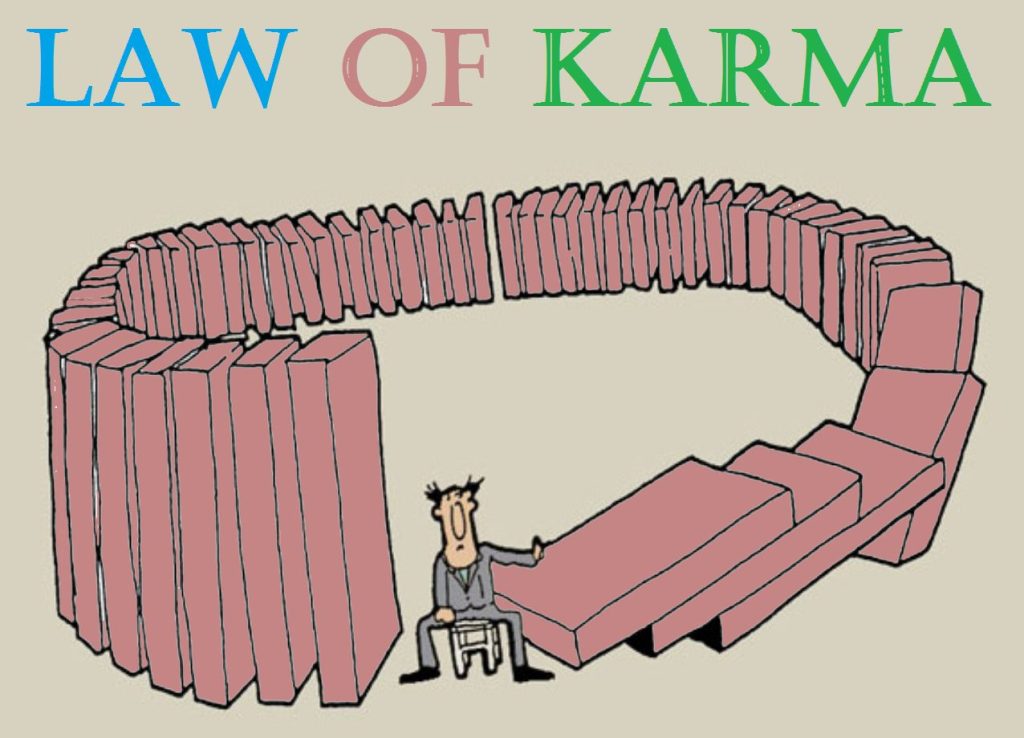
In Hinduism
In Hinduism, “karma” holds a profound significance as the moral law of cause and effect that shapes the trajectory of human existence. This concept rests upon the understanding that each action, intention and thought carries consequences, weaving a complex tapestry that influences one’s current and future experiences. Karma is intricately intertwined with the cycle of samsara (the continuous cycle of birth, death and rebirth). The sum of accumulated karma from past lives moulds an individual’s present circumstances and lays the foundation for their forthcoming lives. An essential tenet is that the purity of intention is as crucial as the action itself; virtuous deeds rooted in selflessness generate positive karma, while self-serving actions may incur negative consequences.
The fundamental principle underlying the law of karma revolves around the law of cause and effect. When we establish certain conditions, we inherently set the stage for forthcoming outcomes. The nature of these outcomes hinges greatly on the nature of the actions we undertake today. Therefore, if the actions I engage in today are rooted in wholesomeness and are accompanied by pure intentions, they possess the potential to yield positive experiences in the times ahead. Conversely, the same holds for actions of an undesirable nature.
Read- Purusharthas: The Pillars of Moral Pursuit in Indian Society
In Buddhism
In Buddhism, “karma” refers to the law of cause and effect, similar to its interpretation in Hinduism and other Indian philosophies, but with some nuanced differences in understanding and application. Karma in Buddhism is a fundamental concept that plays a pivotal role in the cycle of birth, death and rebirth.
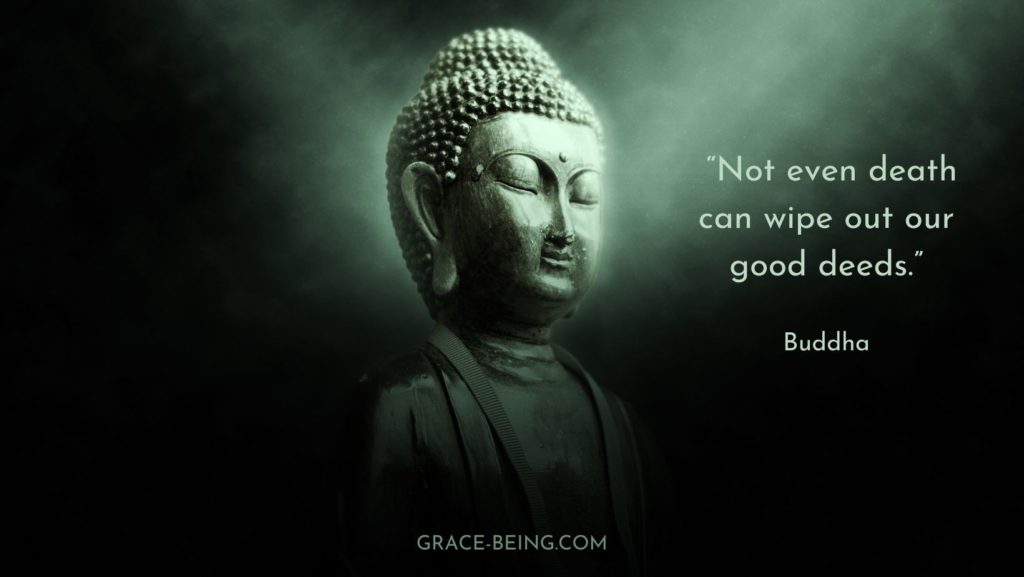
Karma means “intentional action”. Consider it from this perspective: suppose you were to plant a tulip bulb into the soil. After a span of several years, what shall you reap from this endeavour? It’s evident that the yield would be none other than the vibrant blooms of tulips. Similarly, envision planting a tiny acorn into the earth; within the span of a few months, the outcome would inevitably be a towering oak tree. This comparison vividly highlights the notion that each time we initiate the planting of a seed, we automatically infuse it with the inherent capability to materialize consequences in the future.
Similarly, if you were to undertake a particular action with a conscious intention right now, it inherently holds the potential to mould a series of forthcoming experiences, irrespective of whether these experiences are positive or negative.
In Jainism
In Jainism, “karma” holds a similar but distinct meaning compared to its interpretation in Hinduism and other belief systems. In Jainism, karma refers to subtle particles or energies that are generated by a person’s thoughts, words and actions. These karmic particles adhere to the soul (jiva) and accumulate over lifetimes, influencing the soul’s experiences in future lives.
The Jain concept of karma emphasizes the idea that every action, whether physical, verbal or mental, generates karmic particles that bind to the soul. These karmic particles can be either positive or negative and they impact the soul’s spiritual progress and the quality of its future life.
Jainism places a strong emphasis on minimizing the accumulation of karma to attain liberation, known as moksha or nirvana. The ultimate goal of a Jain practitioner is to shed all karmic attachments and achieve a state of pure consciousness and liberation from the cycle of rebirth.
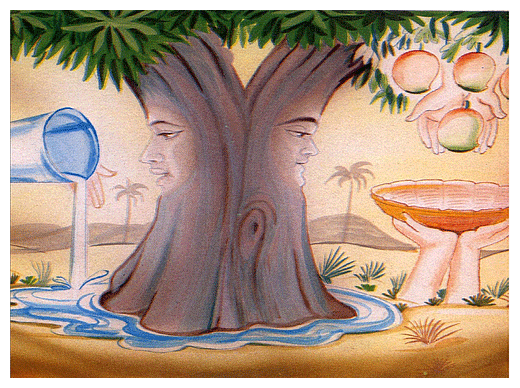
Beyond Mysticism – Scientific Perspectives on Karma
The concept of karma, intricately woven into the fabric of various spiritual and philosophical traditions, has often been associated with mystical and metaphysical explanations. However, as our understanding of the universe advances through the lens of scientific inquiry, new perspectives on karma emerge that transcend the realms of mysticism.
The concept of cause and effect relationships is studied and explained through principles such as Newton’s laws of motion, the laws of thermodynamics, quantum mechanics and other scientific theories. The psychological concept of “reciprocity” mirrors the essence of karma, suggesting that our interactions with others influence their behaviours toward us.
At its core, karma embodies the principle of reciprocity — the idea that the energy we emit into the world returns to us in various forms. This law extends to not only our actions toward others but also our treatment of ourselves. Positive actions beget positive outcomes, while negative actions lead to unfavourable consequences. This concept encourages mindfulness and responsibility, as we become architects of our destiny through our choices.
Karma and Personal Responsibility
Understanding karma prompts introspection, encouraging us to evaluate our intentions and actions. It reminds us that we are not passive recipients of fate but active participants in shaping our lives. By recognizing the power of our choices, we can exercise greater personal responsibility, steering our lives toward positivity and growth.
Breaking the cycle of negative karma requires conscious effort and transformation. The path involves acknowledging past actions, learning from them and striving to make amends. Practices like meditation, self-awareness and cultivating compassion can help shift the trajectory of our karma, paving the way for a more harmonious existence.
Conclusion
Karma is a profound principle that transcends cultural and religious boundaries, inviting us to contemplate the interconnectedness of our actions and their consequences. It’s a reminder that we are not isolated beings but threads woven into the intricate tapestry of existence. Whether viewed through a spiritual lens, a philosophical perspective or even a scientific mindset, karma encourages us to embrace responsibility for our choices and to contribute positively to the collective energy of the universe. By understanding and embodying the essence of karma, we can strive for a more enlightened and harmonious life journey.
Bear in mind that the law of Karma applies universally to all. The past remains unalterable and similarly, the outcomes stemming from past actions are beyond immediate influence. However, what lies within your grasp and ability to transform is the present moment. By fostering mindfulness in the present, you hold the potential to cultivate positive Karma rather than negative consequences.
If you possess any recommendations concerning the article provided above, we welcome you to reach out to us without hesitation. Thank you for reading.


